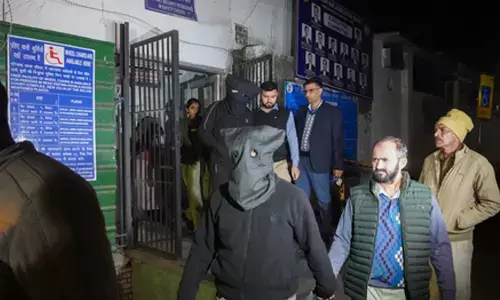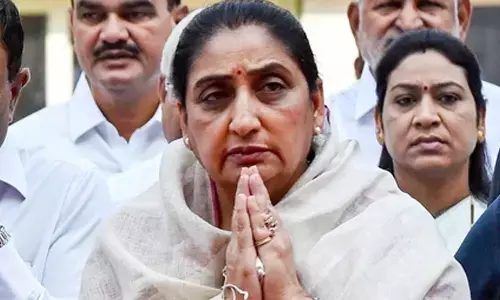Medicine to be administered in anganwadis.

High Prevalence Necessitates Twice Annual School and Anganwadi based Deworming The next National Deworming Day, a flagship initiative of the Government of India’s Ministry of Health and Family Welfare, will be implemented on today in the 27 states and union territories with high worm burdens.
High Prevalence Necessitates Twice Annual School and Anganwadi based Deworming The next National Deworming Day, a flagship initiative of the Government of India’s Ministry of Health and Family Welfare, will be implemented on today in the 27 states and union territories with high worm burdens.
National Deworming Day is a nationwide, preschool (anganwadi) and school-based deworming program that aims to provide all children between the ages of 1–19 years with deworming treatment.
On National Deworming Day, Albendazole 400 mg chewable tablet will be administered to children in anganwadis, government, government-aided, and some private schools as well as children who are out of school or are unregistered inanganwadis.
The mop-up day, on August 17, will be conducted to reach children who did not get dewormed on deworming day due to sickness or absenteeism.
Given the health and educational impact that worm infections can have on children, parents are encouraged to send their children to schools and anganwadisand take the deworming tablet on that day, in the states that will conduct National Deworming Day.
Out-of-school children will also be dewormed in anganwadis. Based on WHO guidelines the Government of India has mandated that 27 States and Union Territories conduct a second round of deworming as per prevalence rates.
School-based mass deworming program is safe, cost-effective, and can reach millions of children quickly. Deworming has been shown to reduce absenteeism in schools improve health, nutritional, and learning outcomes and increase the likelihood of higher wage jobs later in life.
Side effects are mild and can include nausea, vomiting, and dizziness especially in children with high worm loads. The first National Deworming day was conducted in 2015 in 11 states, treating 89 million children.
This year, 33 states took part in the February 2016 round when 179 million children were dewormed. India has the highest burden of parasitic worms in the world. Parasitic worms in children interfere with nutrient uptake, and can contribute to anemia, malnourishment, and impaired mental and physical development.
According to the 2012 report ‘Children in India’, published by the Ministry of Statistics and Program Implementation, Government of India, 48 per cent of children under the age of 5 years are stunted and 19.8 per cent are wasted, indicating that half of the country’s children are malnourished








